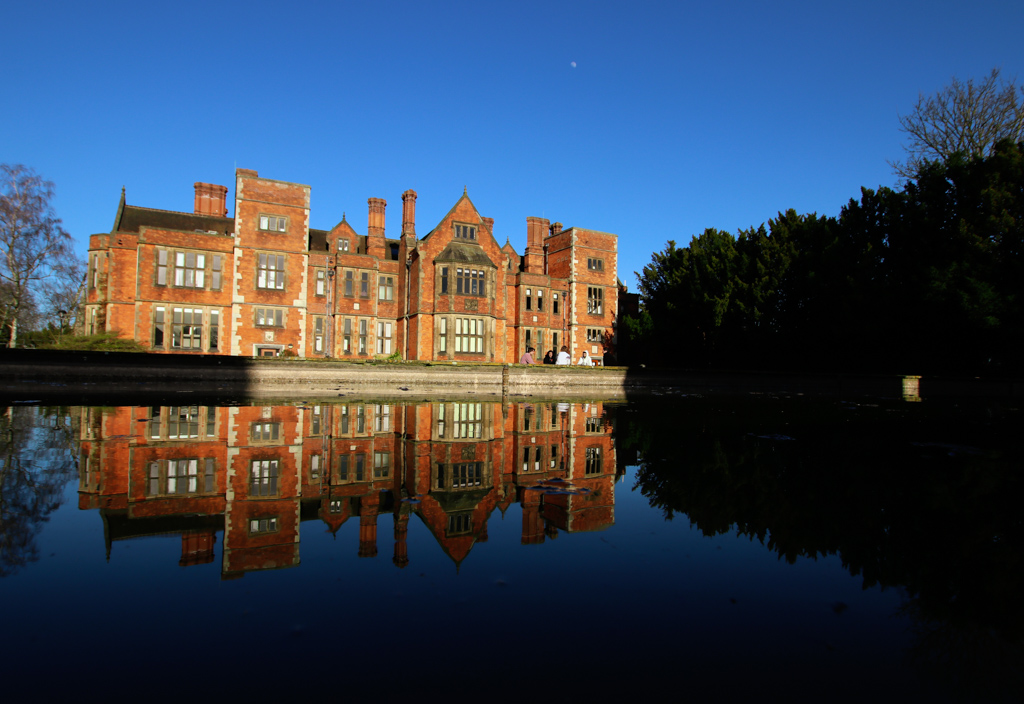The University of York received £124,450 in cash this year as payment for fees despite having a £0 limit , raising concerns of potential money laundering, a York Vision investigation has revealed.
Since 2016, the University has received nearly £600,000 in cash as payment for fees, but the £0 cash limit was only introduced this academic year.
The limit for cash payments has gradually been decreased from no limit in 2015 to a £0 limit in 2020.
A spokesperson for the University of York said: “We no longer directly accept cash payments at the University Cash Office, however, our bankers are currently unable to stop all cash being paid via their branches into our bank account.
“Consequently, as is the case with other universities, some cash still does get credited to our account and we deal with this in line with UK laws and regulations.”
While the University insists that it has strong due-diligence procedures in place to avoid the possibility of money laundering through cash takings, Matthew Page, a fellow at Chatham House, questioned the practice itself, saying: “Any educational institution that accepts cash payments is essentially putting out a welcome mat for the world’s kleptocrats and money launderers”.
A University spokesperson told Vision that the gradual reduction of the cash payment limit was introduced to specifically address the risk of laundering money.
Money laundering is the illegal process of “cleaning” money by taking illegally gained “dirty” money and reintroducing it into the economy as legitimate assets.
This hides the true origin and ownership of the money, and is thereby made “clean” and usable for criminals.
It is important to note that the University of York has not been accused of any wrongdoing.
Earlier this year, a number of prominent UK universities, including Durham and Bristol, came under fire for potentially leaving themselves open to money laundering by accepting cash as payment for fees.
A Times investigation in February revealed that 49 UK universities accepted more than £50 million in banknotes over the past 5 years.
The newspaper found that China was by far the single biggest source of cash payments across all the universities, with students from Nigeria, Russia, and Kazakhstan also making payments using banknotes.
“British universities are exposed to illicit wealth as wealthy criminals seek the best education for their children. Universities should be alert to signs they may be handling dirty money” said Ben Cowdock, lead investigator at Transparency International UK.
The University’s own Anti Money Laundering Policy says “It is best practice to avoid accepting large cash payments for reasons associated with security and the risks associated with money laundering.”
The policy, available on the University’s Financial Regulations webpage, appears to have not yet been approved by the University’s Executive Board, Finance Committee or University Council at time of writing, despite being a nearly 3 year old document.
